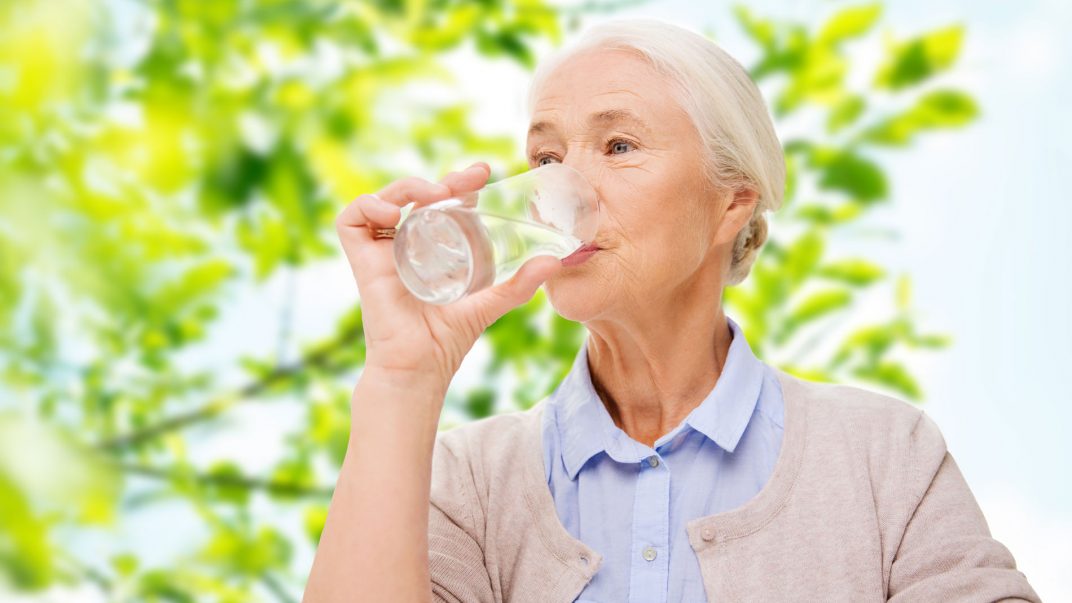Summer is here—and so is the heat: How to stay safe during hot weather


June 20th marks the first official day of summer, and for many of us, the rising temperatures have already made an early entrance. While sunny days are often a welcome change, it’s important to remember that extreme heat—especially during heat waves—can be dangerous, particularly for older adults.
The good news? A few simple steps can go a long way in keeping you safe, cool, and comfortable as the mercury climbs.
Smart ways to beat the heat:
Hydrate, hydrate, hydrate Don’t wait until you feel thirsty—drink water regularly throughout the day. Limit drinks with caffeine or alcohol, as they can increase dehydration.
Find cooler places Avoid going out during the hottest hours (typically 11 a.m. to 3 p.m.). Seek out air-conditioned spaces like shopping centres, libraries, or community centres if your home isn’t staying cool enough.
Dress for the weather Choose lightweight, loose-fitting clothing in breathable fabrics like cotton or linen. Lighter colours help reflect sunlight and keep you cooler.
Take it easy Avoid strenuous activity when it’s hot out. If you want to get moving, aim for early morning or evening when temperatures are lower.
Keep your home cool Close curtains or blinds during the day to block out heat. Use fans to help circulate air and create a cooling effect.
By taking these precautions, you can enjoy the season while staying safe and well. And remember, it’s okay to reach out to a neighbour, friend, or family member if you need help.
For more detailed advice and up-to-date safety tips, check out the resources below and visit the Government of Canada’s website for heat health information.
McMaster Optimal Aging Blog Posts are written by faculty, staff, PhD students, and external collaborators, and are assessed for accuracy by members of the Portal scientific leadership team.
DISCLAIMER: These summaries are provided for informational purposes only. They are not a substitute for advice from your own health care professional. The summaries may be reproduced for not-for-profit educational purposes only. Any other uses must be approved by the McMaster Optimal Aging Portal (info@mcmasteroptimalaging.org)